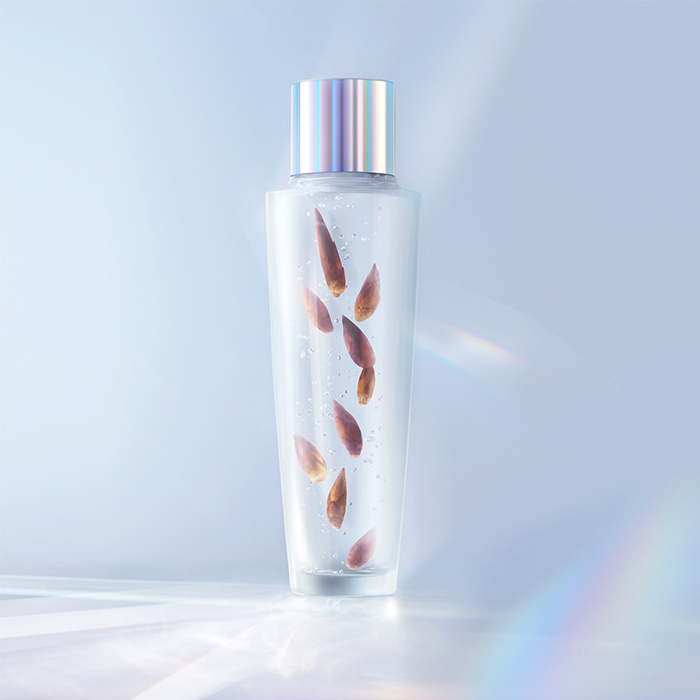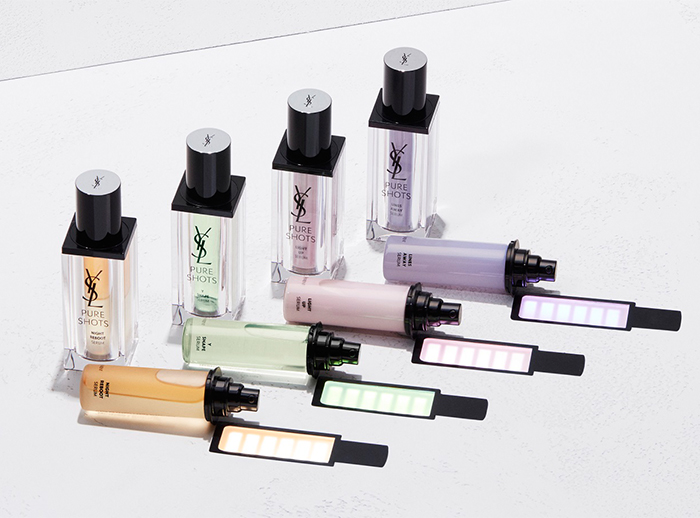Valued at over US$29.4 billion, L’Oreal is, without a doubt, the largest company in the cosmetics industry. With 36 brands under its wide umbrella, L’Oreal has been producing copious amounts of products for decades, the process of which has inevitably impacted our environment. This led to a recent announcement, where the beauty giant revealed its efforts to become fully sustainable by 2030.
Named ‘L’Oreal For The Future’, the company’s new sustainability programme is essential to its plans for evolution over the next 10 years. The programme applies to all of the brands currently owned by the group, including some of our favourites like La Roche-Posay, Lancôme, and YSL Beauty. This could signal a move towards greater environmental accountability for the entire beauty industry.
According to L’Oreal, the decision was partially triggered by the COVID-19 pandemic. Beauty brands of all sizes have had to not only evaluate how they can recover economically, but also how they operate in general.
L’Oreal’s new sustainability programme

Achieving sustainability in the cosmetics industry is nowhere near as simple as swapping out ingredients for plant-derived alternatives. From sourcing materials to the aftermath of discarded products, the entire industry supply chain has the potential to leave a deep environmental footprint.
This is why L’Oreal seeks to operate its business within the limits of our planet’s resources. As such, it has pledged to transform itself as a company, with specific targets for reducing water use and waste. The group has also confirmed that it will be helping its suppliers and even customers to reduce their impact on the environment.
Over the past few years, L’Oreal has taken great steps towards sustainability. For instance, it is the only company in the world to have achieved an “A” score in all three CDP rankings – climate protection, water management, and forest preservation – for four years in a row.
It also utilises a tool known as SPOT (Sustainable Product Optimization Tool). This assesses the environmental and social performances of all products across the company’s brand portfolio to guide their sustainability efforts.
How your favourite brands are going one step further in sustainability
With an action plan lined up, you can expect to see a few changes here in Singapore. If you like your beauty products with a slice of environmental activism, here are the sustainable product launches and actions to look forward to in the year ahead.
Garnier
https://www.instagram.com/p/CEBsufZHIbx/
When it comes to packaging, Garnier was among the first brands to remove the inner plastic film in products to reduce its footprint. By the end of this year, the bestselling Hydrabomb Sheet Masks will come in a smaller pack to cut down on materials as well. The mask size will remain the same but it’ll be made with biodegradable vegan tissue and a vegan formula.
There will also be an adjustment in the way Garnier promotes its products in stores to reduce waste and extend durability. Permanent wooden structures will be used in drugstores like Watsons and Guardian instead of single-use structures.
Lancôme

This year, one of Lancome’s star products, Clarifique Refining Enzymatic Dual Essence, will have its packaging made of 25% recycled glass. The new bottle will be recyclable and FSC-certified, which means that it comes from responsible sources.
The key ingredient used in the essence is organic French beech buds. These are sustainably harvested by a cooperative of 70 families living in the Ardeche Mountains Regional Nature Park.
Related: See Clarifique Refining Enzymatic Dual Essence review by our editor and 50 readers
La Roche-Posay
https://www.instagram.com/p/CDYfwpAnBpP/
La Roche-Posay’s Anthelios Invisible Fluid SPF 50+ is a sunscreen that’s known and loved by many of us. What most of us aren’t aware of is that this bestseller contains 100% organic sunscreen filters, which makes it safe for marine life.
Working with independent ecotoxicology laboratories, tests were exhaustively done to evaluate their sunscreens’ impact on marine life. This sunscreen will neither bleach corals nor reduce the photosynthetic activities of symbiotic micro-algae, which helps protects our coral reefs.
Next year, the brand will transform its Lipikar Baume AP+ (400ml) bottle into one that’s made with 100% recycled plastic. When you’ve finished up the product, you can recycle the bottle too. The ingredients used will also be ethically sourced from natural origins, and the product will be made in a CO2-neutral plant in France.
L’Oreal Paris
https://www.instagram.com/p/CEFBUcVjlBI/
In 2020, L’Oreal Paris will be increasing its use of clear glass to allow consumers to recycle its packaging. This will help to reduce packaging sizes, and in turn, reduce waste.
YSL Beauty

Even in luxury, YSL Beauty wants to make sustainability count. This is why they’re launching the Pure Shots skincare range in 2020, which is now available exclusively at TANGS. The packaging for the serums and creams are designed to be refillable, while the packaging for the Pure Shots Hydra Bounce Essence-In-Lotion is 100% recyclable.
Changes in operational actions
Apart from product launches and packaging, L’Oreal’s local efforts will focus on day-to-day operations to reduce its environmental footprint throughout the supply chain.
One of the most sustainable warehouses in Singapore, L’Oreal’s warehouse partner Bollore Logistics’ Blue Hub is designed for sustainability and efficiency. The building is 40% less energy-consuming than other buildings of the same category.
Here are two key ways to actively reduce waste during packing and delivery:
- Shred old cartons and use them to pack other boxes as void fill (used to cushion products in packages)
- Use tape-free cartons or paper tape instead of scotch tape for order preparations


